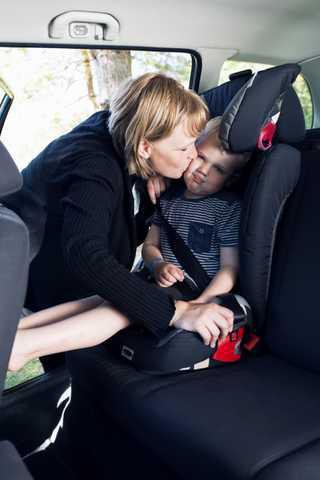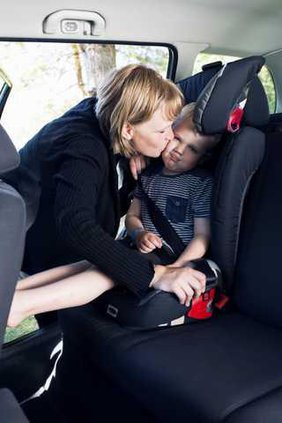Parents in well-to-do Bethesda, Maryland, don't love their children any more than parents in cash-strapped Cabin Creek, West Virginia. But the latter group of moms and dads are likely to spend less time reading to their kids or chauffeuring them to "enriching" extracurricular activities.
There's a large class divide when it comes to parenting in America, according to an article in The Economist. And that, in turn, has led to separate worries for both groups of folks.
"One concerns 'helicopter parents' (largely at the top of the social scale), who hover over their children’s lives, worrying themselves sick, depriving their offspring of independence and doing far more for them than is actually beneficial. This gets a lot of attention, probably because media folk belong to the helicoptering classes. The other worry concerns parents at the bottom, who struggle to prepare their children for a world in which the unskilled are marginalised. This is far more important," says the article.
Among reasons for the differences: Lower-income, less-educated moms are more likely to be raising their children alone, and are more often strapped for time and resources. College-educated moms are more likely to be married, have more income and a spouse who shares some of the load, at home and away.
As The Economist points out: "Only 9 percent of American women with college degrees who gave birth in the past year are unmarried; for those who failed to finish high school the figure is 61 percent. Two parents have more time between them than one."
The differences in parental situations is believed to create differences in opportunities for children. Helping kids may involve encouraging parents in more privileged households not to structure and hover quite so thoroughly. At the other end of the spectrum, children in less privileged and educated families could benefit from more attention and intention.
Doctors, teachers and others have noted wide disparity in basics of child development, such as vocabulary. There's a big enough gap in the number of words a very young child hears, based on income and parent education, that the American Academy of Pediatrics has issued guidelines on reading to kids, including the littlest ones.
"All families need to hear the important message that reading aloud to their children is crucial, especially in an era in which competing entertainment imperatives, such as screen time (television, cinema, video games and computers), may limit family interactions and live language exposures of even very young children," the AAP guideline said.
An introduction to a research paper for the Brookings Institute last year said that "the parenting gap is a big factor in the opportunity gap. The chances of upward social mobility are lower for children with parents struggling to do a good job — in terms of creating a supportive and stimulating home environment. Children lucky enough to have strong parents are more likely to succeed at all the critical life stages, which means policies to help weaker parents do a better job can be investments in opportunity and equality."
It found that American parenting quality "strongly varies by income, family structure, race and education."
The paper's authors, Richard V. Reeves and Kimberly Howard, wrote: "The United States suffers from gaps in income, education and opportunity. The most important gap of all may be in parenting: a gap that harms wellbeing, limits social mobility and ultimately damages our economy, too. If we want a better society, we need better parents."
Email: lois@deseretnews.com, Twitter: Loisco





